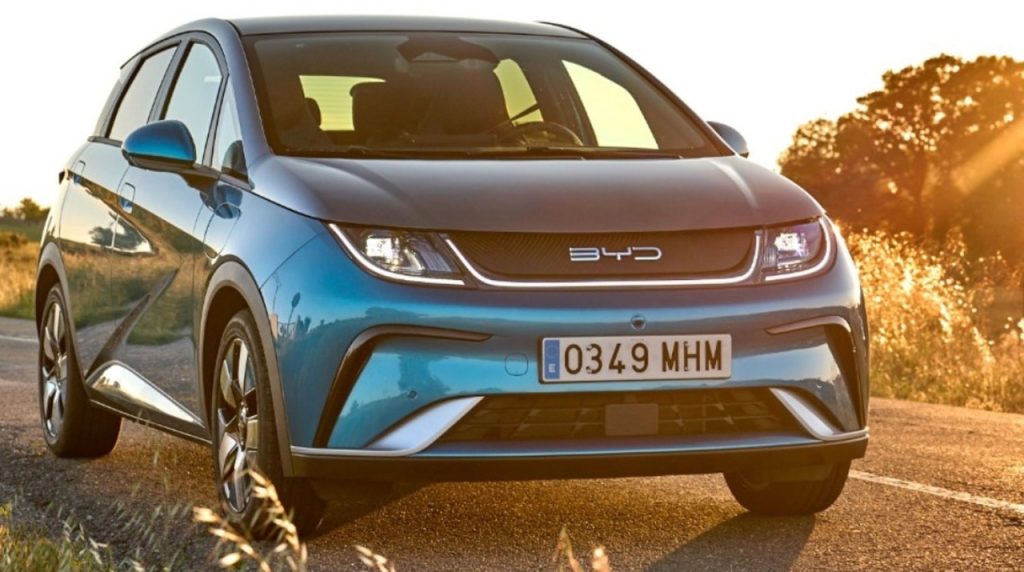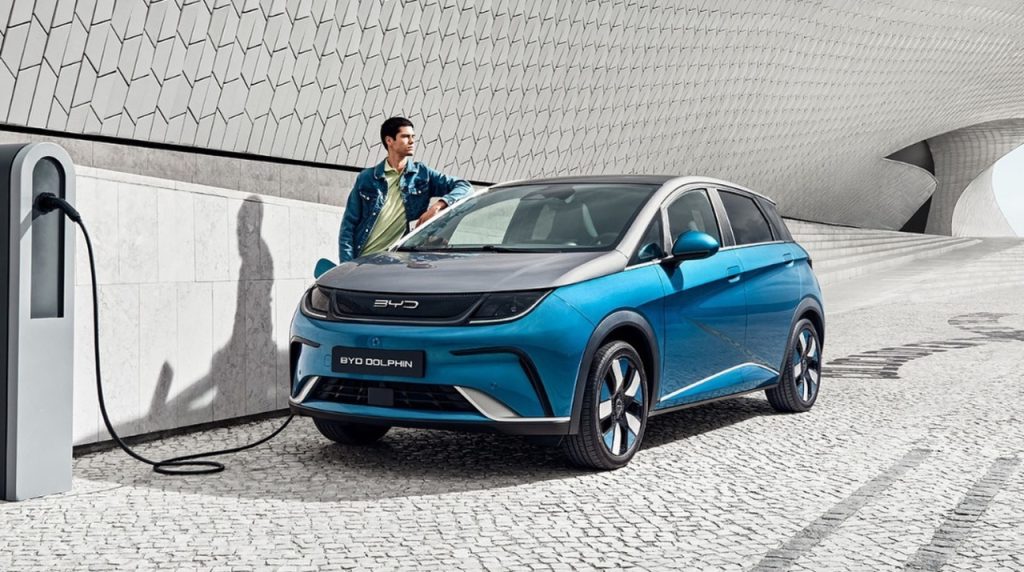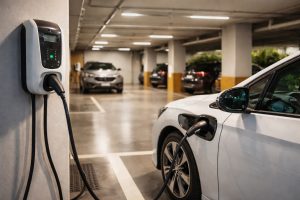
U.S. Prepares New Measures to Ban Chinese Electric Vehicles

Joe Biden‘s administration, through the U.S. Department of Commerce, announced a proposed ban on Chinese connected vehicle technology.
According to Reuters news agency, the measure is intended to be a potent tool against the potential influx of low-cost Chinese electric vehicles, which could disrupt the global automotive industry.
The ban covers both hardware and software and is designed to apply universally, affecting vehicles from Chinese companies manufactured outside of China, including possible factories in Mexico or Europe.
You may also read: Tax Incentive: Strategy for Increasing Electric Vehicle Sales in the U.S.

The proposal not only targets vehicles with Chinese components, but also extends to connected vehicle technologies, which could affect cars built by Chinese companies in other countries.
Implications
Michael Dunne, a consultant with knowledge of the Chinese auto industry, considers this a “powerful statement” from U.S. officials who, despite having previously imposed 100% tariffs on Chinese EVs and eliminated consumer subsidies for vehicles with Chinese-made parts, have decided that these measures may not be enough.
BYD, the Chinese EV leader, has plans for a manufacturing plant in Mexico. Although BYD claims the factory will serve only the local market, U.S. trade groups are concerned about the potential impact on U.S. automakers, fearing an “extinction level event.”
The proposed restrictions are also intended to prevent Chinese software or autonomous cars from being tested or deployed in the U.S., which could serve as a trade barrier protecting domestic companies like Tesla, which is increasingly focusing on autonomous technology.

Analysts have expressed concerns about possible retaliatory Chinese trade policy, which could affect Tesla‘s extensive operations in China. However, Tesla has not commented on these developments.
The Biden administration frames the threat posed by Chinese vehicles and technology as both a national security and economic issue.





